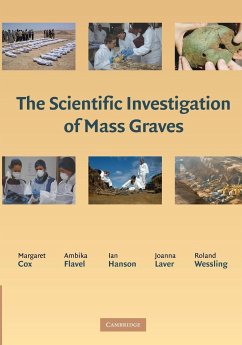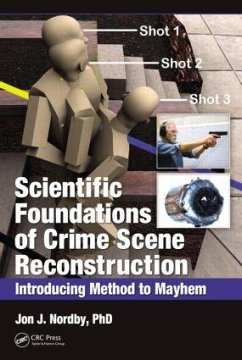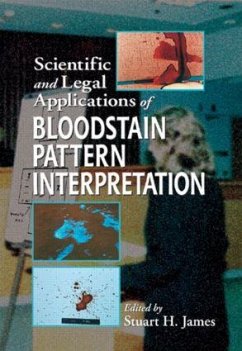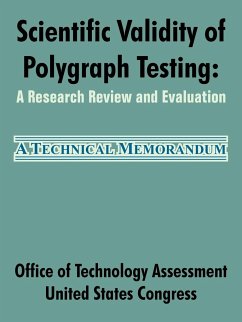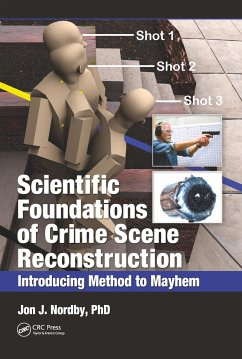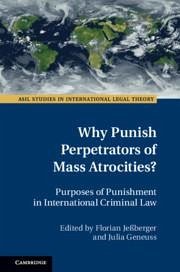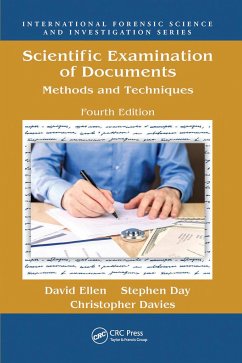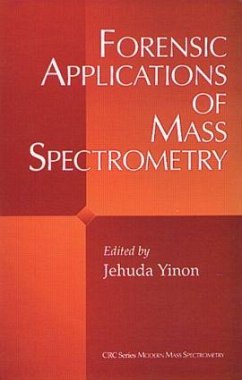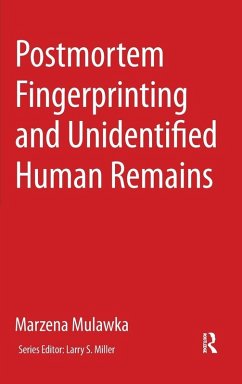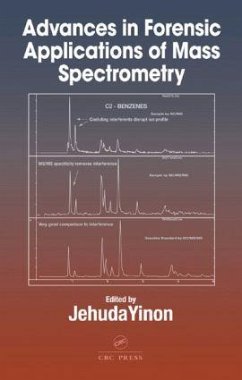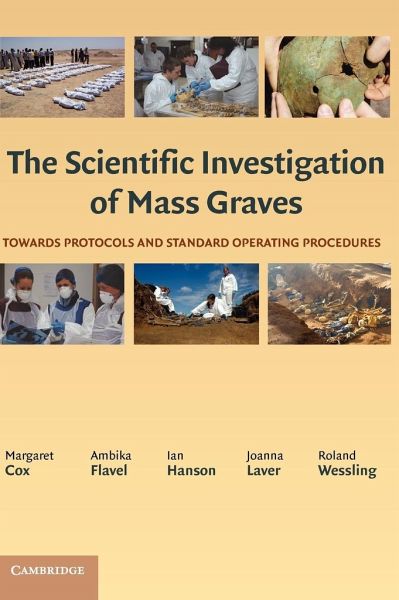
The Scientific Investigation of Mass Graves
Towards Protocols and Standard Operating Procedures
Versandkostenfrei!
Versandfertig in 1-2 Wochen
144,99 €
inkl. MwSt.

PAYBACK Punkte
72 °P sammeln!
This book describes the detailed processes and techniques essential for the scientific investigation of atrocity crimes. It includes methods for the location, evaluation, excavation, recovery, and recording of mass graves and the analysis of human remains and other evidence in order to establish the identity of victims and the cause and manner of their deaths. This volume establishes protocols and standard operating procedures to guide standards and approaches that can be used for both judicial and humanitarian contexts. The procedures for field and mortuary application are flexible and can me...
This book describes the detailed processes and techniques essential for the scientific investigation of atrocity crimes. It includes methods for the location, evaluation, excavation, recovery, and recording of mass graves and the analysis of human remains and other evidence in order to establish the identity of victims and the cause and manner of their deaths. This volume establishes protocols and standard operating procedures to guide standards and approaches that can be used for both judicial and humanitarian contexts. The procedures for field and mortuary application are flexible and can meet specific project aims, constraints, and contexts. The phases of activity and detailed methodological approaches set out in this book describe components of a complex scientific process. Chapters examine the evaluation of possible sites, scene of crime management, health and safety, key roles, excavation of graves, forensic sciences, mortuary management, analysis of human remains, and ante-mortem data collection.





